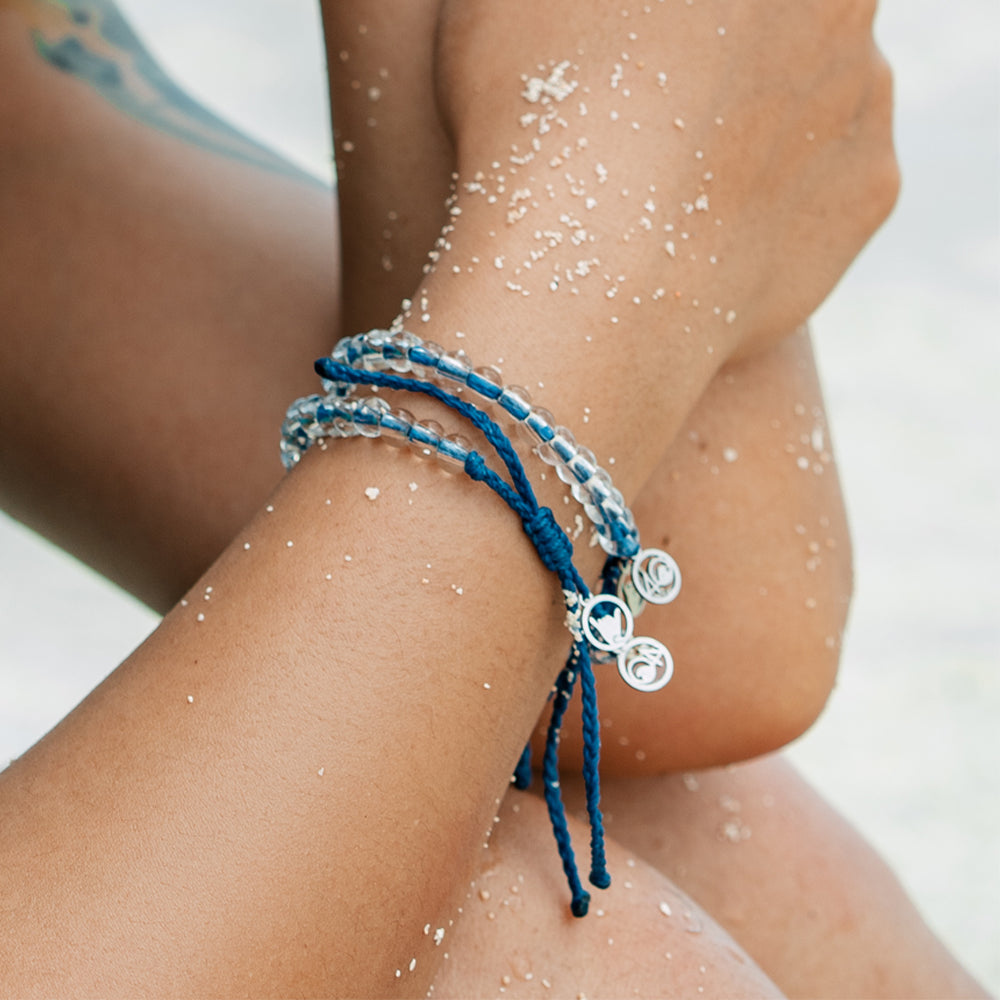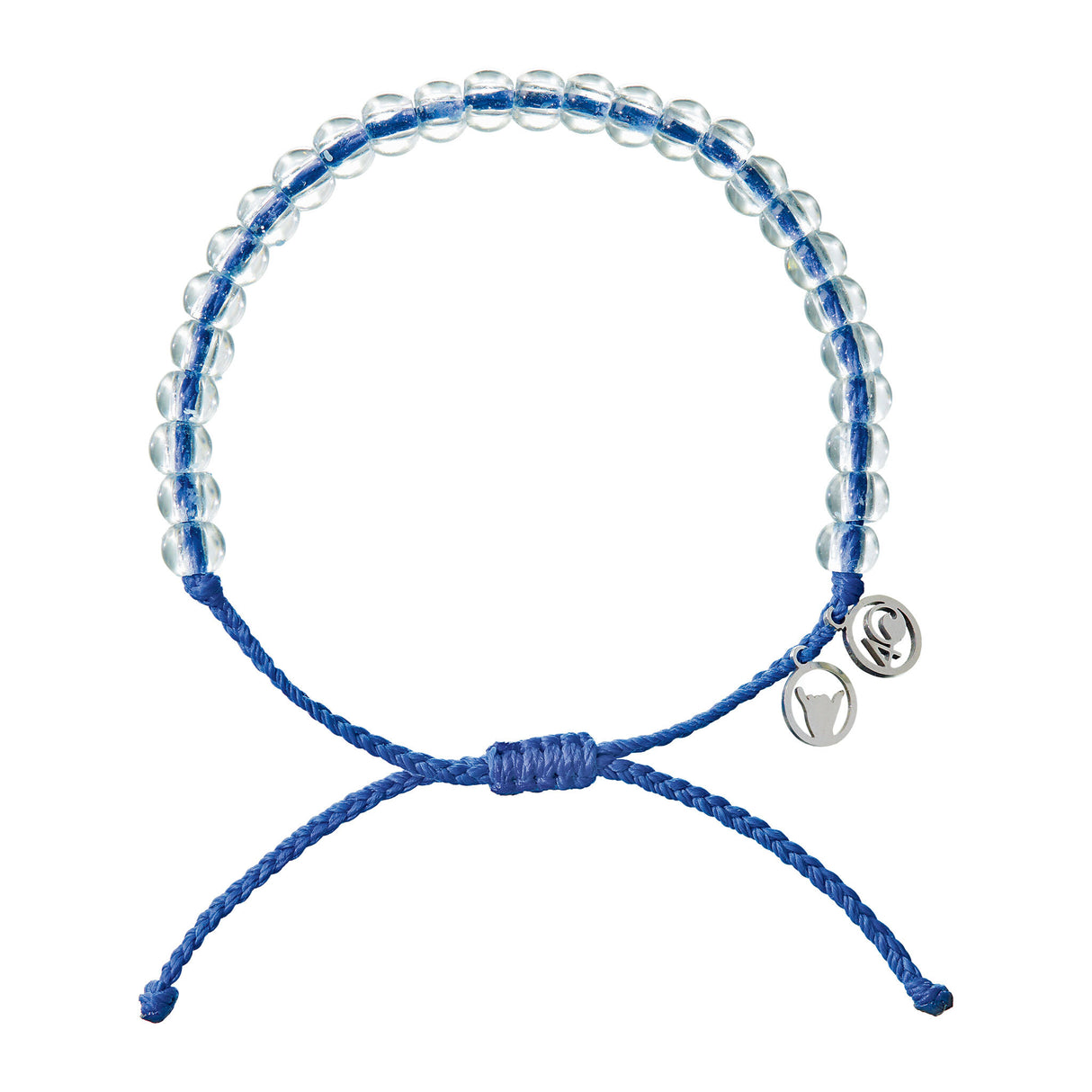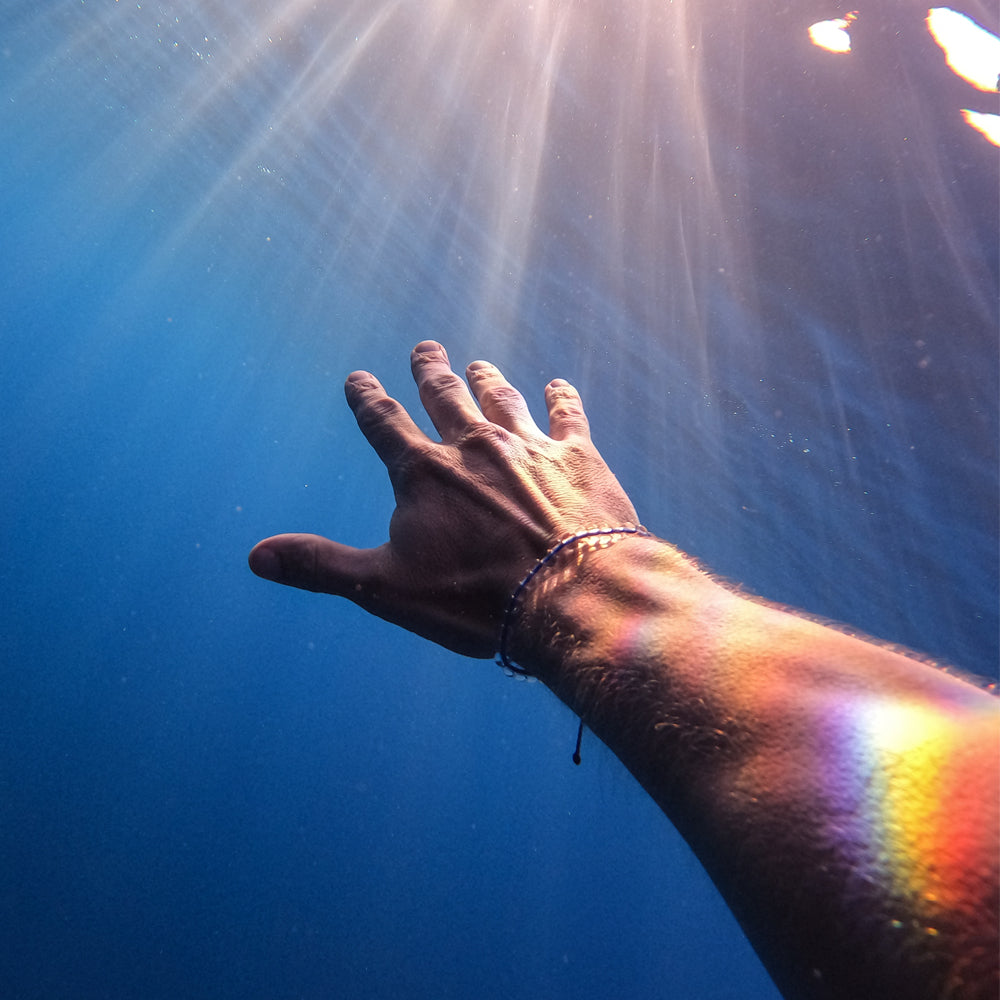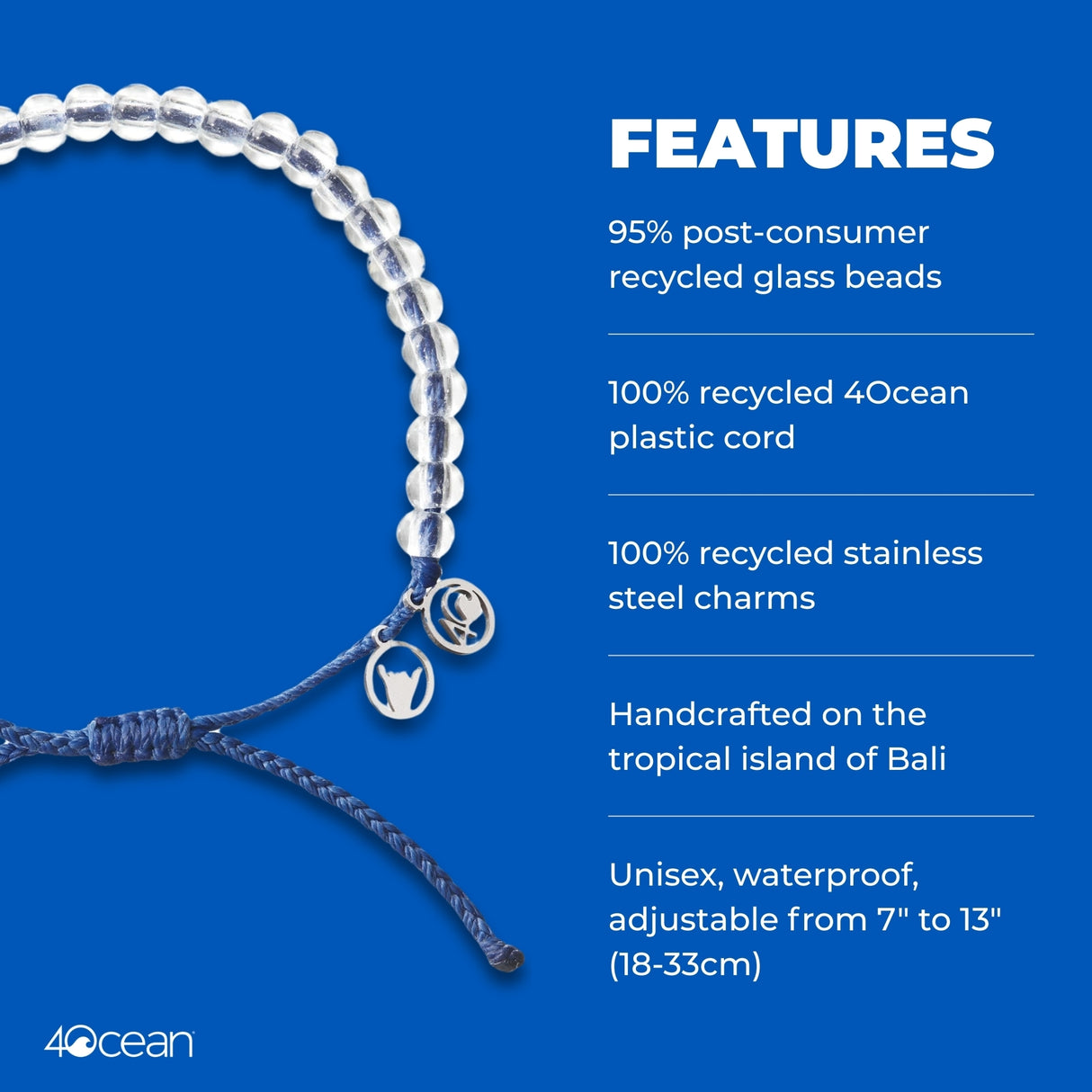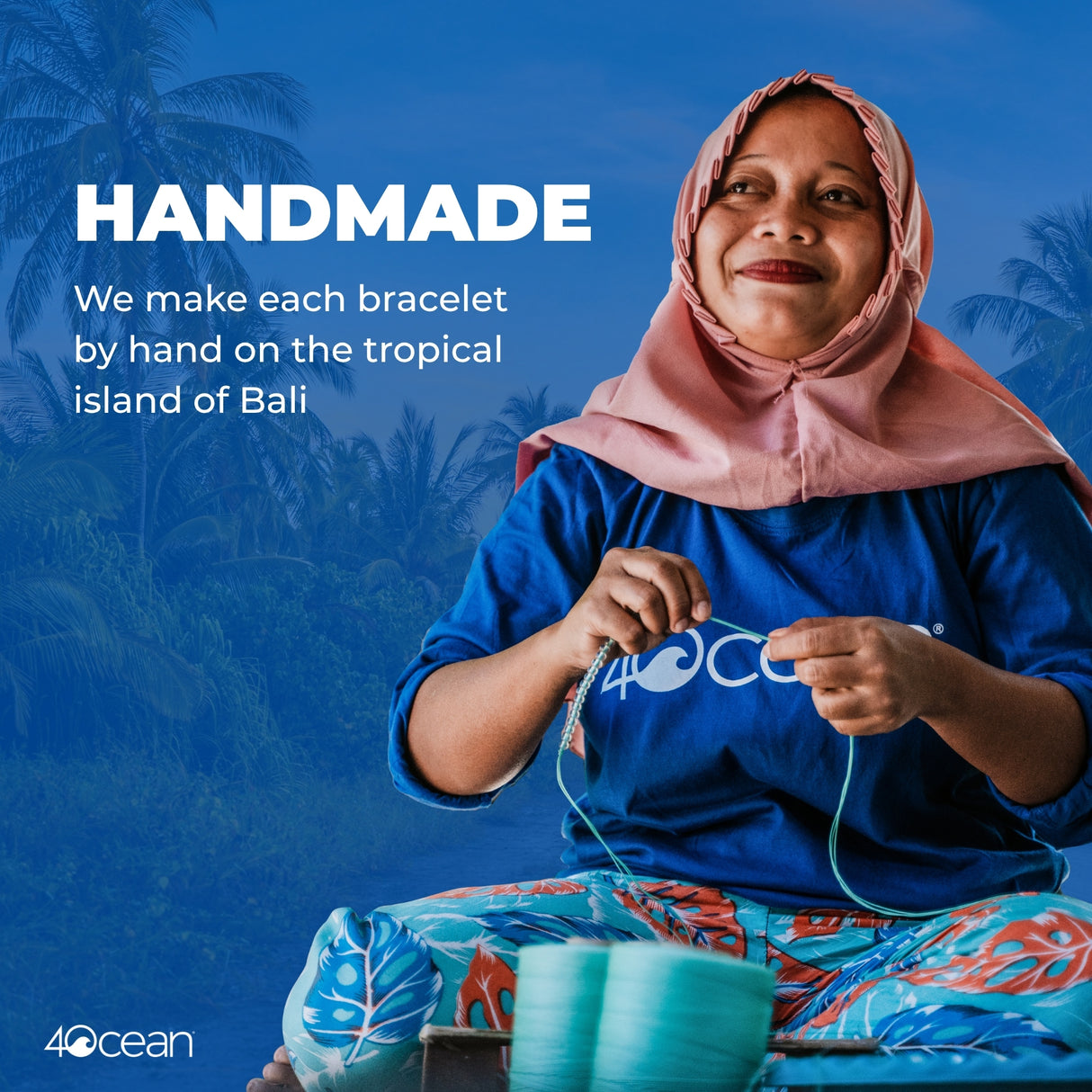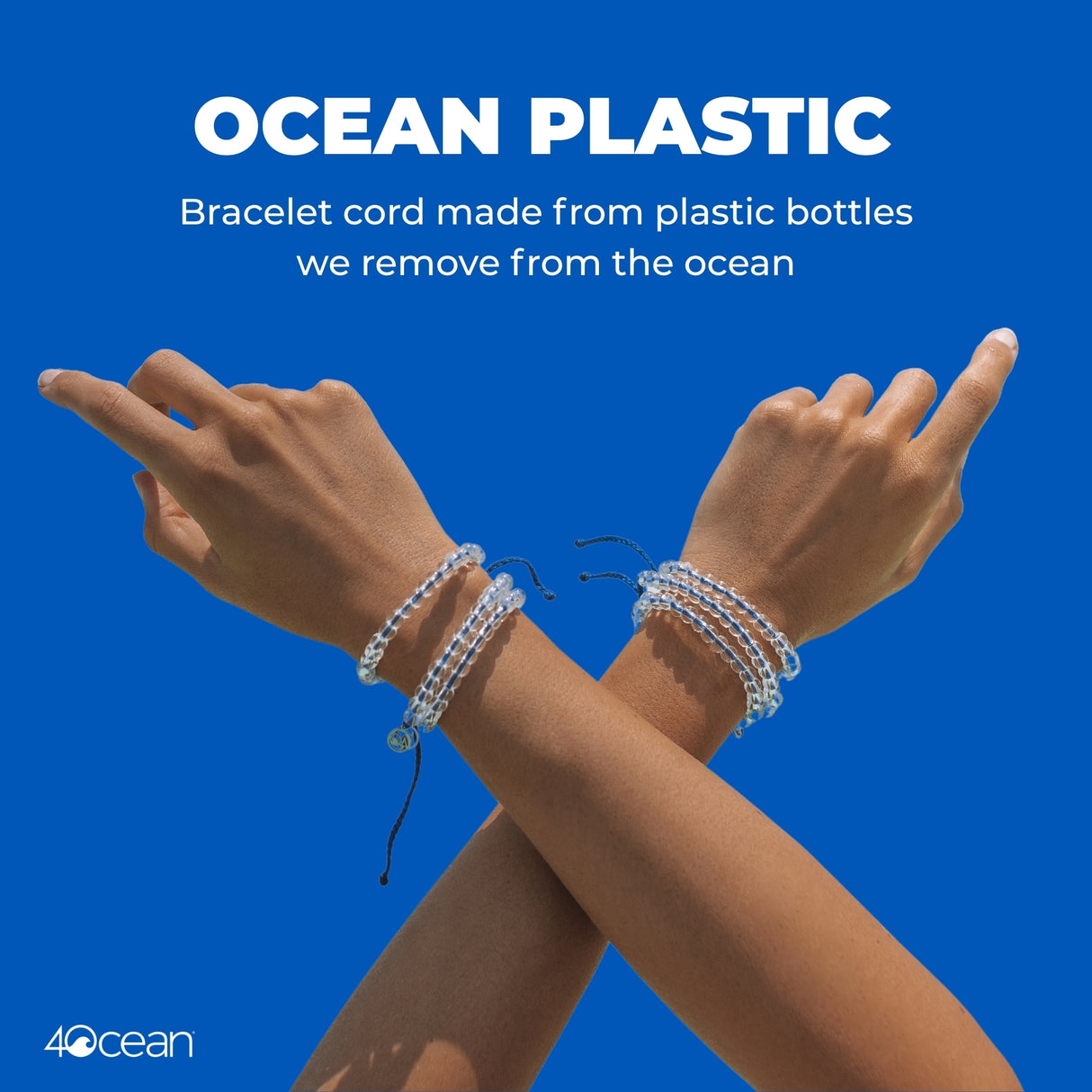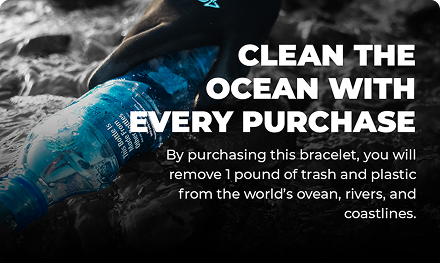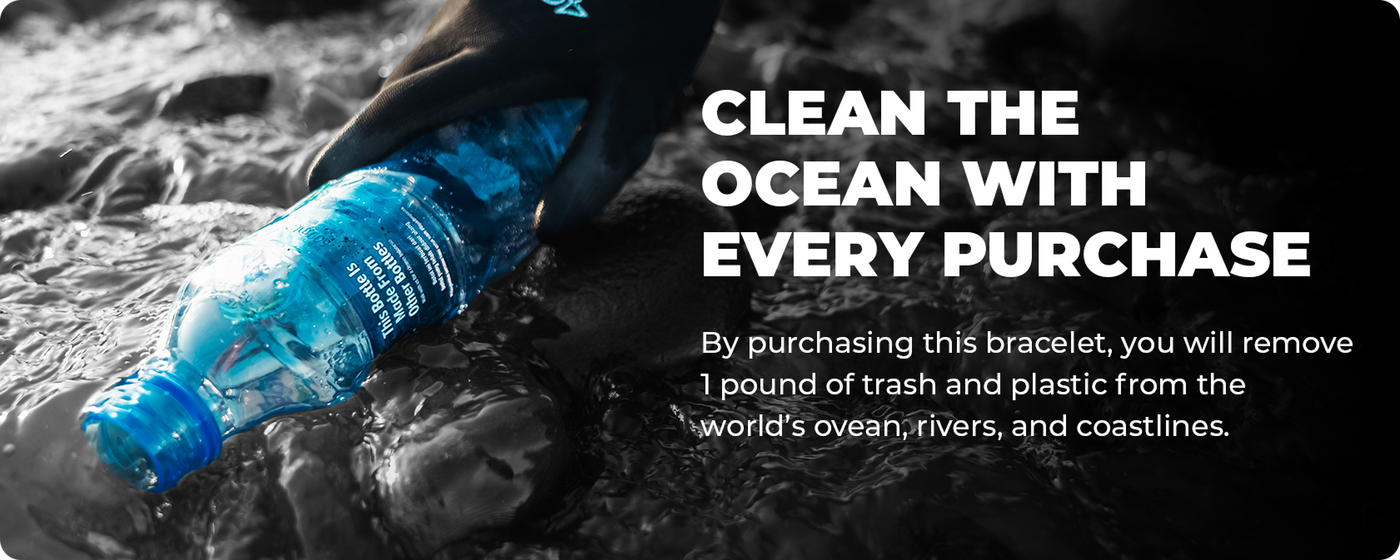1 BRACELET = 1 POUND
OF PLASTIC REMOVED FROM THE OCEAN

EVERY PURCHASE SUPPORTS OUR MISSION
When you shop 4ocean, you’re not just buying a product, you’re funding a global movement to end the ocean plastic crisis. Your purchase powers daily ocean cleanups, supports living-wage jobs in coastal communities, and helps drive long-term solutions for a cleaner, more sustainable future. This is where your impact begins.

